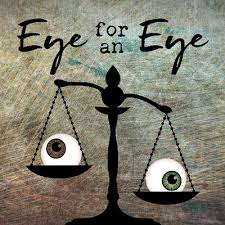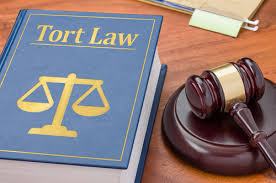Administration of Criminal Justice: Administration of justice is the maintenance of right within a political community by means of the physical force of the State. Without the administration of justice, a person would be inclined to redress his wrongs by his own hands, which is certainly not desirable. The Need for Administration of Criminal Justice: A man by nature […]



